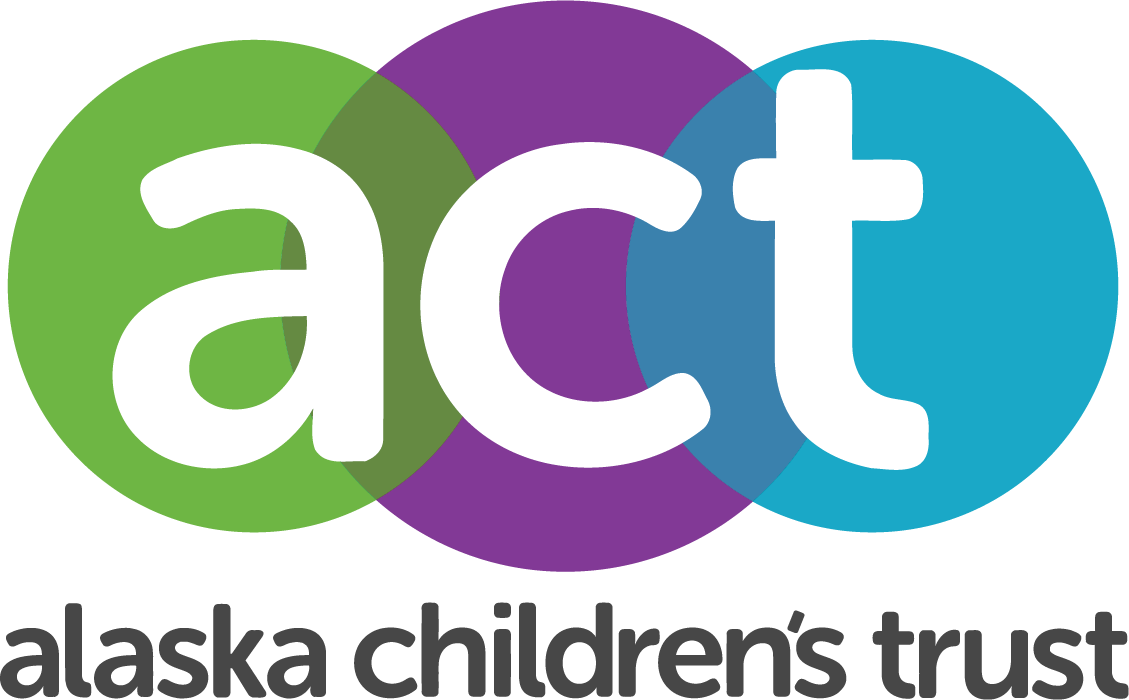Celebrating Community Investment in Harm Prevention
By Tiffany Hall, Celeste Hodge Growden and Trevor Storrs
In April 2020, Anchorage residents took a bold step in reimaging our city’s future. Voters not only supported an alcohol sales tax, but one that makes clear investments in early intervention types of prevention. In February, this new tax went into effect.
Maybe you’ve noticed the 5% tax on your receipt when buying a bottle of wine or a six-pack of beer. Maybe you haven’t. After all, it’s a small amount: just 25 cents on a $5 drink. While the individual increase is modest, collectively it has already made a huge impact. Together, those quarters have added up to more than $11 million of investment directly into the health, safety and wellbeing of our community.
Often, a new tax is seen as another way to grow government, not as a tool to build a thriving community. However, Anchorage’s new alcohol tax is very different. When voters approved the tax in April 2020, they also directed it to fund three core areas: public safety; preventing child abuse, sexual assault and domestic violence; and preventing and treating substance misuse and mental health. The goal of these funds was not only to “feed the line,” but find ways to “shorten the line.” We shorten the line by getting to the root causes of these societal issues, rather than continuing to only fund emergency response.
A critical priority is funding programs that focus on children, youths and families to improve outcomes of our future generations. In the first year, Anchorage residents have invested $11 million toward a positive difference in our community. Some examples of this investment include, but are not limited to:
More than $1.5 million to fund the work of a mental health first responder team for people in crisis, rather than utilizing police resources;
Nearly $1 million to bolster our local criminal justice system by increasing funding to police, firefighters and prosecutors;
$2 million to invest in our youngest citizens by expanding pre-K for low-income families, supporting the Countdown to Kindergarten outreach program and transportation for kids experiencing homelessness to stay in school;
Another $2 million directed toward primary prevention grants to support healthy babies, children, youth and families. These grants provide a variety of services, from direct support for at-risk parents and families, to training for parents and service providers to learn effective and culturally relevant practices, to education for teens around healthy behaviors and relationships;
Nearly $100,000 utilized to establish Anchorage’s first Office of Equity and Justice, created in 2020 to focus on how the municipality can serve all residents and support employees more fairly; and
Nearly $4 million to support programs addressing mental health, substance misuse, and homelessness, including camp abatement, overnight shelter and treatment centers.
As Anchorage residents, we are so proud to have our fellow neighbors take a stand and say we will no longer just hope for the best. We are going to take action and ensure our community is moving in the right direction. The issues we are trying to address did not happen overnight, nor will they be solved overnight. However, by making our first-ever true investment in upstream, primary prevention, we are starting the process to shorten the line and build a desirable community that individuals and businesses want to call home. We know this tax alone is not enough to solve all of the issues facing Anchorage, but it is a good start.
Thank you, Anchorage, for your vision and perseverance in helping ensure our community thrives. Together, we are creating a safer, smarter and more prosperous place to live.
Trevor Storrs is president and CEO of the Alaska Children’s Trust, or ACT, the leading statewide agency addressing the prevention of child abuse and neglect.
Tiffany Hall serves as executive director for Recover Alaska, a nonprofit that works with partners around the state to reduce excessive alcohol use and harm.
Celeste Hodge Growden is president and CEO of the Alaska Black Caucus, a nonpartisan organization whose focus is to assert the constitutional rights of African Americans.
